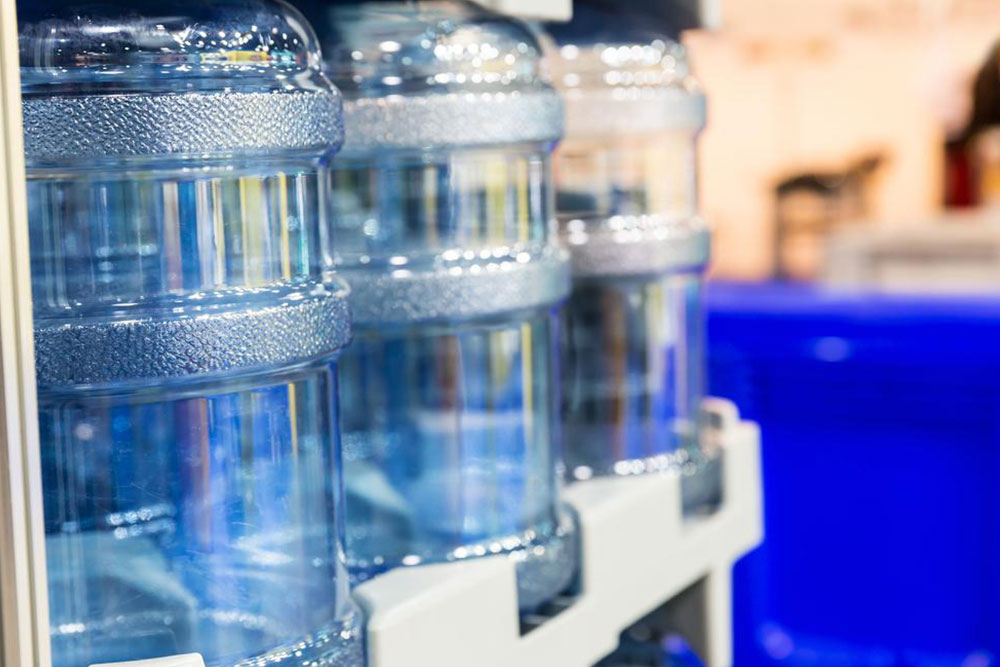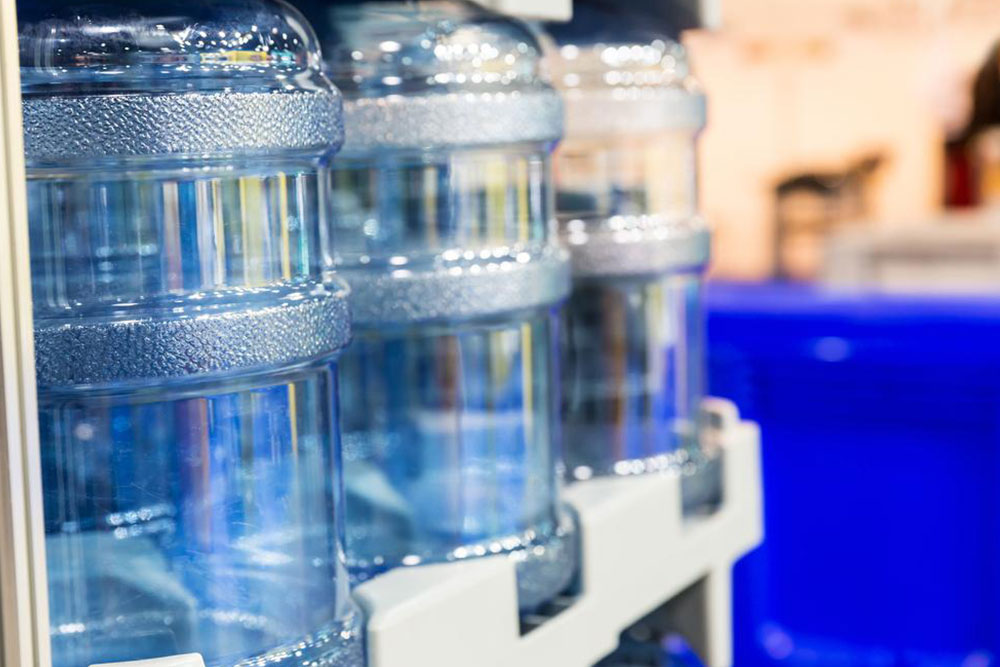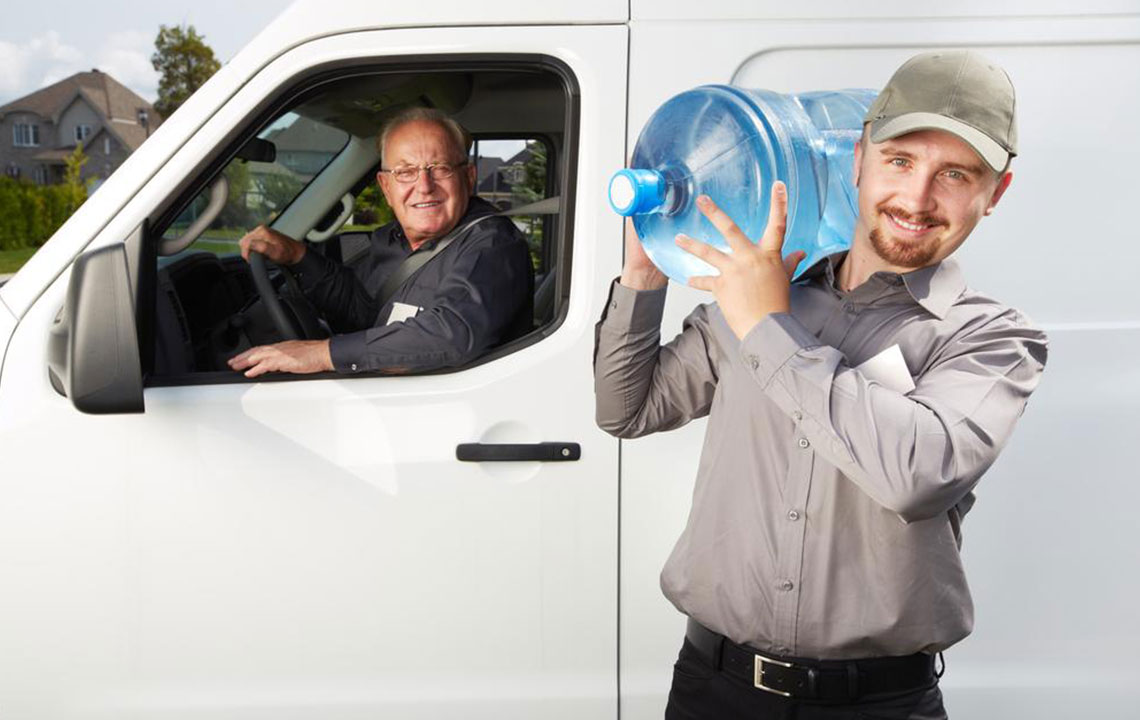Innovative Water Supply Solutions to Address the Global Water Crisis
This comprehensive article explores innovative water delivery solutions designed to tackle the escalating global water crisis. It discusses technological advancements, strategic distribution, and the vital role of water logistics in ensuring access to clean water for urban, rural, and industrial needs. Highlighting the importance of sustainable water management, the piece emphasizes how modern solutions can help mitigate shortages caused by climate change, overextraction, and natural disasters, supporting public health and economic development worldwide.

Innovative Water Supply Solutions to Address the Global Water Crisis
The escalating issue of water scarcity has become a critical concern affecting countries around the globe. As populations grow, industrial activities intensify, and climate change alters weather patterns, the availability of clean, freshwater resources diminishes at an alarming rate. Addressing this crisis demands a multifaceted approach that involves technological innovation, efficient management, and strategic distribution efforts. Among these, water delivery services stand out as an effective means to combat shortages, especially in regions where traditional sources have been depleted or rendered unreliable.
Historically, humans have depended on natural sources such as groundwater, surface water from rivers, lakes, and springs, as well as rainwater harvesting. Over the past century, however, unregulated and excessive extraction—particularly through widespread well drilling—has caused significant drops in groundwater levels worldwide. This overuse, combined with urbanization and industrialization, has strained natural water systems and led to regional shortages, threatening both human health and economic stability. These challenges have prompted a shift towards alternative solutions, including the deployment of advanced water delivery systems that transport water from surplus areas to water-deficient regions.
Modern water delivery services have evolved dramatically thanks to technological advancements. These systems now leverage sophisticated infrastructure, automation, and monitoring technologies to ensure efficient and safe transportation of water across vast distances. Companies specializing in water logistics utilize dedicated pipelines, tanker trucks, and even modular mobile units to facilitate rapid response during emergencies or persistent shortages. Such services are vital not only for urban centers facing sporadic supply disruptions but also for remote rural areas that lack access to reliable natural sources.
One of the key benefits of these innovative water delivery solutions is their adaptability. They can be scaled according to the needs of different communities and industries, providing a flexible response that ensures continuous access to clean water. For industrial facilities, uninterrupted water supply is crucial for operations, manufacturing, and processing, whereas densely populated urban areas require consistent distribution to meet household needs. Water delivery companies also emphasize safety and quality control, employing trained professionals to handle water meticulously, ensuring the water delivered meets health standards and regulatory requirements.
Furthermore, technological progress has made these services more cost-effective and sustainable. Remote monitoring and automated systems reduce operational costs, allowing for wider adoption even in resource-constrained environments. As climate change continues to exacerbate water shortages—through prolonged droughts, unpredictable rainfall, and other extreme weather events—the importance of efficient, resilient water transportation infrastructure becomes increasingly evident.
Beyond immediate supply, water delivery solutions are instrumental in supporting water reuse and recycling initiatives. Treated wastewater can be transported and repurposed, reducing overall demand on natural sources. Additionally, innovations such as desalination coupled with pipeline distribution are expanding the reach of available freshwater, serving as vital components in comprehensive water management strategies.
Overall, the global water crisis necessitates a combination of conservation, technological innovation, and strategic distribution. Water delivery services are a critical element of this response, bridging gaps created by environmental and human factors. By ensuring equitable and reliable access to water, these solutions support public health, economic growth, and environmental sustainability—key pillars for sustainable development in the 21st century.




